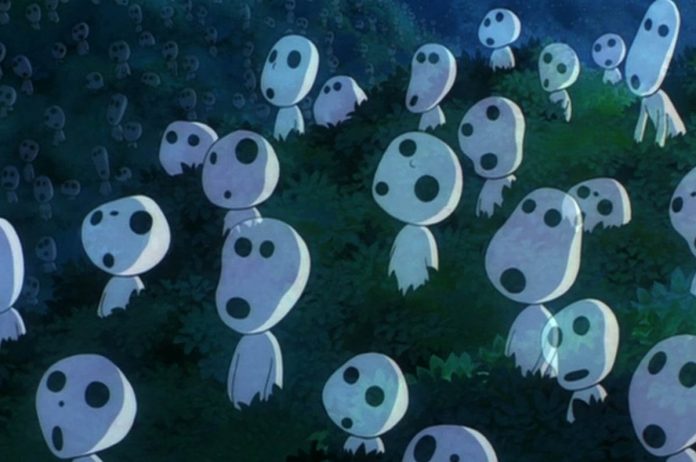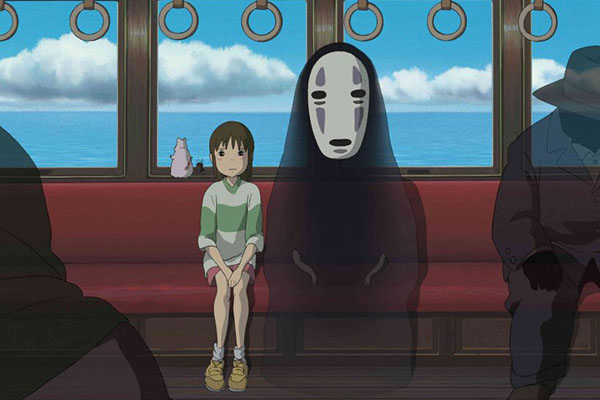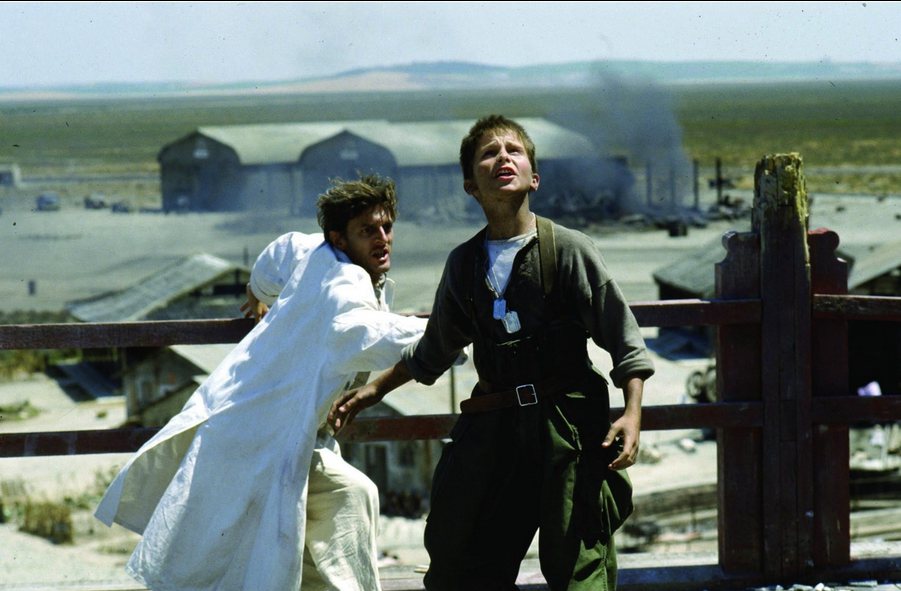What happened to Spielberg?
I tend to get impatient when I hear people disparaging “today’s music” or movies, longing for the real stuff that was made when they were young. There are fine works to be found today; not finding any is a mark of laziness or disinterest. But there are ebbs and flows, styles coming in and out of fashion, and especially, artists coming and going. Those of us who grew up in the eighties were lucky to have Spielberg at his peak creating classics like E.T., the Indiana Jones trilogy, and Empire of the Sun.
I recently watched The
Fabelmans,
which is somewhat based on Spielberg’s life. It’s an entertaining movie, a story
well told. But one that has left me no aftertaste.
The drama of the film feels curated, muffled. The protagonist, jewish
teenager Sammy Fabelman, suffers an antisemitic attack in his high-school in
California, and I felt the same sense of menace that I feel on Marty McFly’s
encounters with the Tanners in the Back To the Future movies, that is, no
menace, more of a sense of oh, no, he might be late for his rendezvous!
Early in the movie, Mitzi Fabelman, Sammy’s mother, drives with her children to
watch a hurricane more closely. She gets close enough to get a good view, then
turns the car around and returns home. The scene is meant to show that she’s a
bit off-kilter, but it didn’t register with me. I don’t think the car even got a
scratch.
Spielberg did not use to be this tame. In Close Encounters of the Third Kind,
we watch as Roy Neary (Richard Dreyfuss) can’t stop himself wrecking his family
while he is consumed with an obsession that he does not yet understand. In
Empire of the Sun, we watch Jim (Christian Bale) get into real trouble during
the Japanese invasion of China in World War II, and start to become a hard nosed
survivor.
After Empire of the Sun got negative reactions, I think Spielberg gleaned some
kind of a lesson that he had a responsibility to create wholesome, positive
messages. He’s still a supremely skilled director, but I haven’t loved his work
the way I used to.
2022 gave us another movie, Armageddon Time, that has many similarities to Fabelmans. Another story of a young artistic jewish teenager coming of age in America. It is a much better film, with more vivid characters. The protagonist, Paul Graff, dreams of being a famous painter and befriends Johnny, a black classmate who is fundamentally a good kid who wants to be a pilot when he grows up, but is already starting to get in trouble at school and in the world. After Johnny and Paul are caught getting high, Paul’s parents transfer him to an elite private school he hates. There’s a sense of loss and dread as Paul starts to learn the way of the world.
A gripping movie does not need to be about menace and doom. Hayao Miyazaki has been making animated movies that are more sophisticated than many live action “prestige” movies. The essay The Great Miyazaki Watch of 2022 says this:
The great twists in Miyazaki movies are that people and creatures turn out to be friendlier than you expect.
Plots animated by kindness: not saccharine or dull, but soaring and magnetic. Stories about kindness that draw potent chemicals into your blood just as surely as the thrillers do! That make your heart thrum, pull your cheeks tight. That tell you about the world, and what’s possible in it.
Another thing I like about Miyazaki movies is the care given to things that are not essential to move the plot forward. Attention given to characters that are far from center. Dust bunnies in My Neighbor Totoro, Kodama in Princess Mononoke.

Kodama, from Princess Mononoke image from Principessa Mononoke: film e folklore giapponese
A train ride with the spirit without a face and two of the evil witch’s minions in Spirited Away.

Chihiro and No-Face, from Spirited Away image from Studio Ghibli Retrospective
The richness of the background makes Miyazaki’s worlds feel lived in. The kind of places where you discover new things with repeated viewings. I also get a sense that the film crew enjoyed making the movies. That they were rooting for each of the characters, that they were exploring.
Norman Maclean writes in the preface to A River Runs Through It and Other Stories about feedback he got on his manuscripts:
Of my first story (the one about logging) she said (among other things) I was concentrating so on telling a story that I didn’t take time to be a poet and express a little of the love I have of the earth as it goes by.
That’s another thing I miss from the days of peak Spielberg. After Empire of the Sun, I sense a more single-minded determination to “get the story done”.
Empire of the Sun still has moments of unadulterated wide-eyed wonder.
P-51, Cadillac of the sky!

Empire of the Sun. Cadillac of the sky! image from IMDB